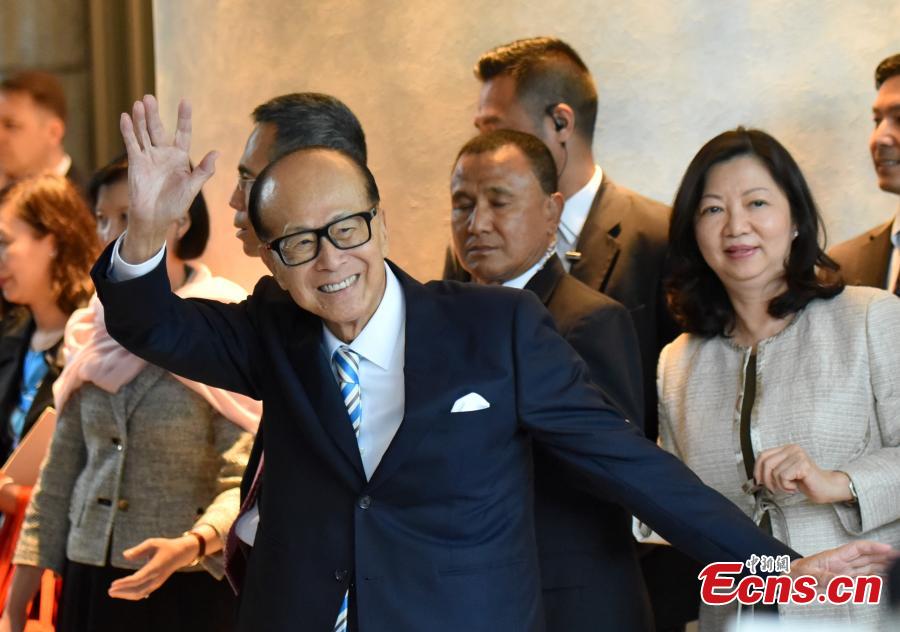China and the United States have agreed to start fresh talks in Washington "at an appropriate time", which is a positive development to avert an all-out trade war. Now the two need to think thoroughly how to achieve more consensus in the talks to push forward the healthy development of bilateral trade relations.
The key principle the two sides have to abide by should be mutual understanding, mutual respect and mutual benefits, which is in the interests of both countries and without which the talks risk being deadlocked.
The China-U.S. trade differences have been brought to the brink of a dangerous trade war by Washington's unilateral actions, despite China repeatedly expressing its commitment to solving their disputes through dialogues. But since coercion has not worked, it has now softened its stance.
The U.S. should draw lessons from its previous dealings with China. It should bear in mind that the outcomes of dialogue should be mutually beneficial and China will not accept its interests being damaged.
China, meanwhile, will continue to take a pragmatic approach to the talks and is willing to take measures to ensure progress is made in the dialogue to promote the healthy development of China-U.S. trade relations, so long as its core interests are not jeopardized and the U.S. respects the principle of equal-footed consultation in the talks.
China has always taken a constructive approach in opening up its economy to share with the international community its development opportunities. It has recently vowed to open up its multi-trillion-dollar financial sector, for example, and increase imports from other countries to contribute to global growth.
At a time when global growth is showing an initial trend of stable growth, but with its future sustainability remaining questionable, China's new opening-up moves will play a vital role in maintaining global growth and are in stark contrast with the "America first" approach adopted by Washington.
The Trump administration, ever since its inauguration, has shown an entrenched trend of protectionism, which has led to a series of offensive steps that risk ruining the existing global trade and economic order, triggering widespread concern over the destructive role of unilateralism.
Having suffered setbacks in dealing with China over trade issues after it threatened to impose tariffs on Chinese products worth $150 billion, the U.S. should be aware that it must become more cooperative and constructive in the trade talks with China.
It should cast away its unilateral mentality so that the two sides can make efforts to find a solution to bilateral trade frictions.


















































